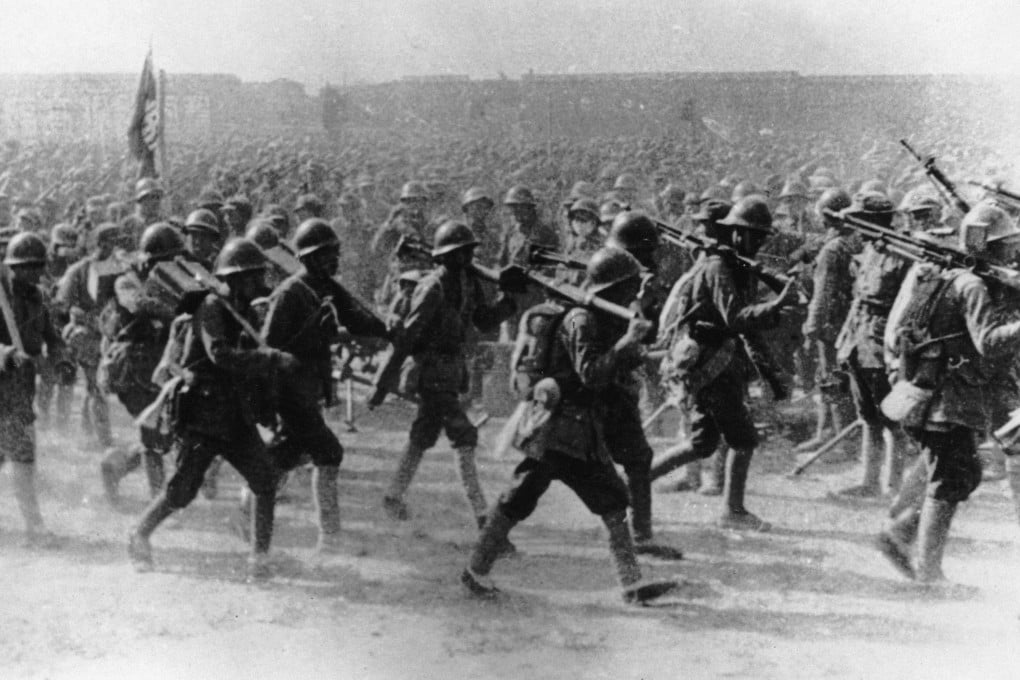Amid China’s civil war between Communists and Nationalists, how two sisters were separated by fate and kept apart through their successes
- In Daughters of the Flower Fragrant Garden, author Zhuqing Li tells the tale of her two aunts who dedicated their talents to shaping their respective societies

To be separated of course means having been together once, and Jun and Hong started out from the same place, a home named the Flower Fragrant Garden, a spacious, verdant family compound, one of Fuzhou’s biggest and richest homes. It crowned what was called the Cangqian Hill across the Min River from the main part of Fuzhou, like a tiara encircled by a low stone wall. The main building was a grand, two-storey red-brick Western-style house rising from the lush greenery of the rolling grounds. A winding path dipped under the canopy of green, linking smaller buildings like beads on a necklace.
Growing up, I knew of the Garden the way one might know of a big old house in town, no more than a noteworthy part of the scenery. My parents returned from their political exile in the countryside when I was 10, and they took up posts at the Teachers’ College next door to the Garden. They weren’t senior enough to be assigned housing there, in the exclusive compound for the leaders of the university, so we lived instead in a more modest faculty apartment building not far away.
From there I used to go often to visit my maternal grandmothers who lived at the foot of the Cangqian Hill. Yes, I had two maternal grandmothers, a relic of Old China, where wealthy men like my grandfather could, and often did, have more than one wife. There was Upstairs Grandma, who was Jun and Hong’s biological mother; and there was Downstairs Grandma, my mother’s mother. The front door of my Grandmas’ home had a large hibiscus tree, and through its checker-work of leaves we could see pieces of the Garden on the peak of the hill.
The Garden looked down on us like something from a fairy tale, forbidding and aloof, off-limits to ordinary people. Guards were posted at its main gate. I didn’t know that in times past, when the Chen family, my mother’s side of the family, was one of the wealthiest and most prominent in Fuzhou, it had owned the whole compound; or that several branches of my extended family lived there under the same roof, where they raised many children, worshipped their ancestors, and celebrated festivals in lavish style.

During my girlhood, nobody in my family spoke of the place. But the trail that took me to school ran along the outside of the stone wall that encircled the Garden. I’d walk past a ditch that overflowed in every heavy rain, skirt an abandoned graveyard that always sped me up, and at the last turn, look out on a spectacular view of the Min River below where I’d pause to catch my breath.
So I knew of a hole in the otherwise impregnable wall, and one day when I was seven I went through it, pursuing a runaway ball. I lingered: the cicadas’ buzz was especially intense there, so was the mélange of floral and fruity fragrances.